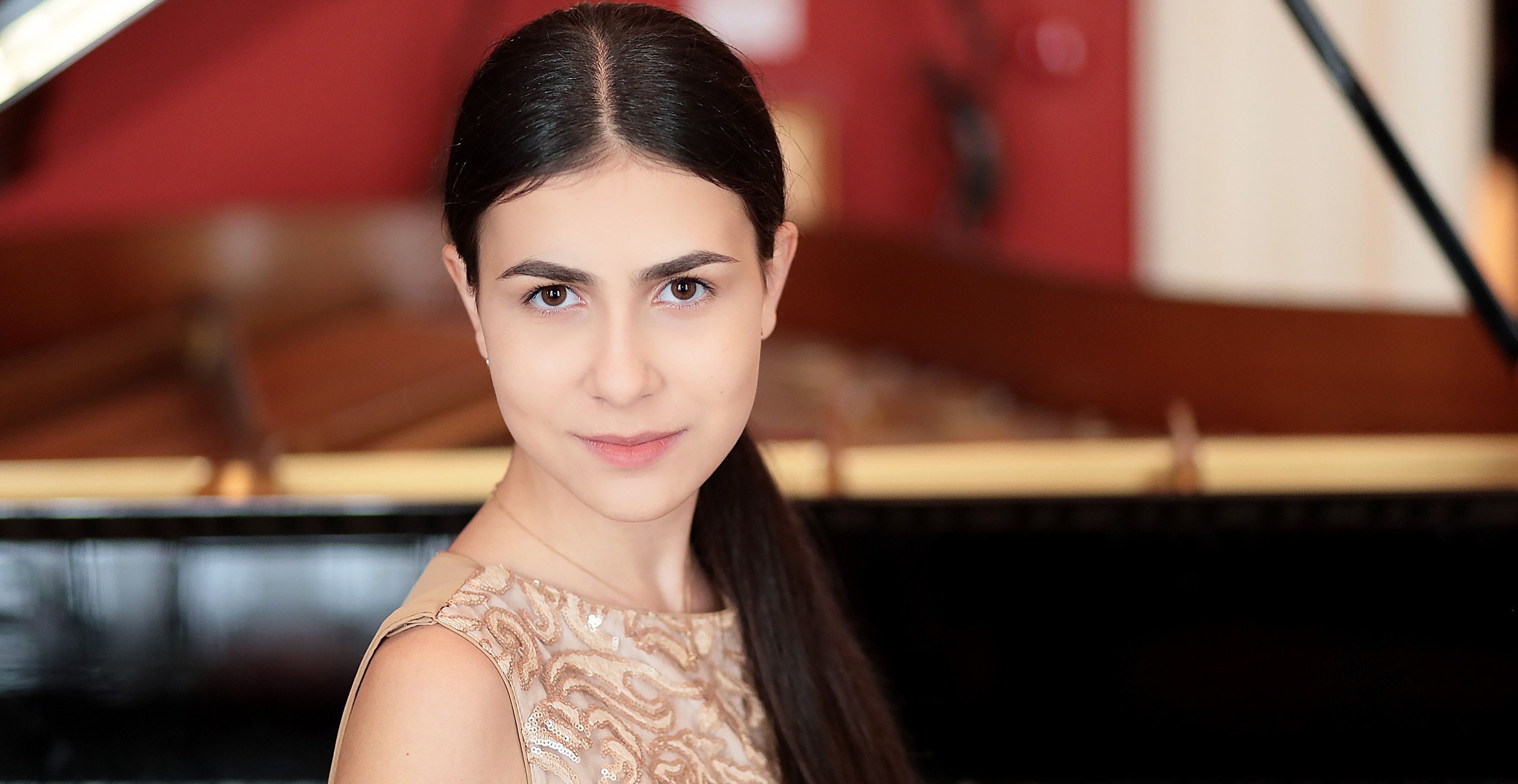The Liberation of Mozart
Orchestral Concert
Friday, 25. July 2025
7:30 p.m., Church Saanen
In an era where individual expression takes centre stage, it’s easy to forget that for centuries, music was primarily created under the patronage of princes, churches or other benefactors. When Mozart composed his Piano Concerto No. 20 in 1785, it must have felt like a moment of liberation to write without a specific commission. For the audience of his time, this “freedom” in composition was a revelation: music that felt more genuine than ever – particularly the tender romance, which seemed like a private confession whispered directly into the listener’s ear. Haydn’s “London” symphonies capture this same late-18th-century spirit. While they don’t delve into personal expression in quite the same way, they reflect an age shaped by Enlightenment ideals, constantly echoing the drive for freedom and inspiration. The “Oxford” Symphony, written during the time Haydn broke his final ties to his position as court musician, Kapellmeister and composer for the Esterházy princes, premiered triumphantly during his first trip to England – an event further celebrated by his honorary doctorate from the University of Oxford.
Alexandra Dovgan, Piano
- Preisträgerin Olivier Berggruen Prize 2023
Kammerorchester Basel
Bar Avni, Conductor
| Wolfgang Amadeus Mozart (1756–1791) | |
| Incidental music for “Thamos, King of Egypt”, K. 345/336a | 20' |
| Wolfgang Amadeus Mozart (1756–1791) | |
| Piano Concerto No. 20 in D Minor, K. 466 | 35' |
| Joseph Haydn (1732–1809) | |
| Symphony No. 92 in G Major, “Oxford” | 30' |
| 90' | |

